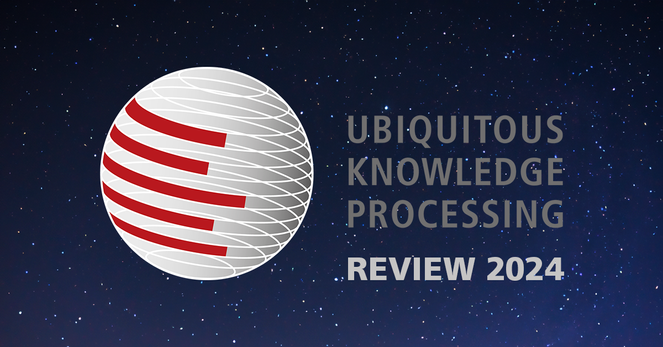✨ As 2024 is coming to its end, we are happy to review some of the achievements of the UKP Lab ✨
▪️ We have established two independent research groups (AI and NLP for Mental Health, led by Shaoxiong Ji, and NLP for Expert Domains, led by Simone Balloccu.
▪️ At this Year’s #EMNLP2024 we presented 13 papers, including 11 in the Main track and 2 in the Findings track
▪️ 11 papers authored or co-authored by UKP members have been accepted for publication at this year's #ACL2024NLP in Bangkok 🇹🇭!
